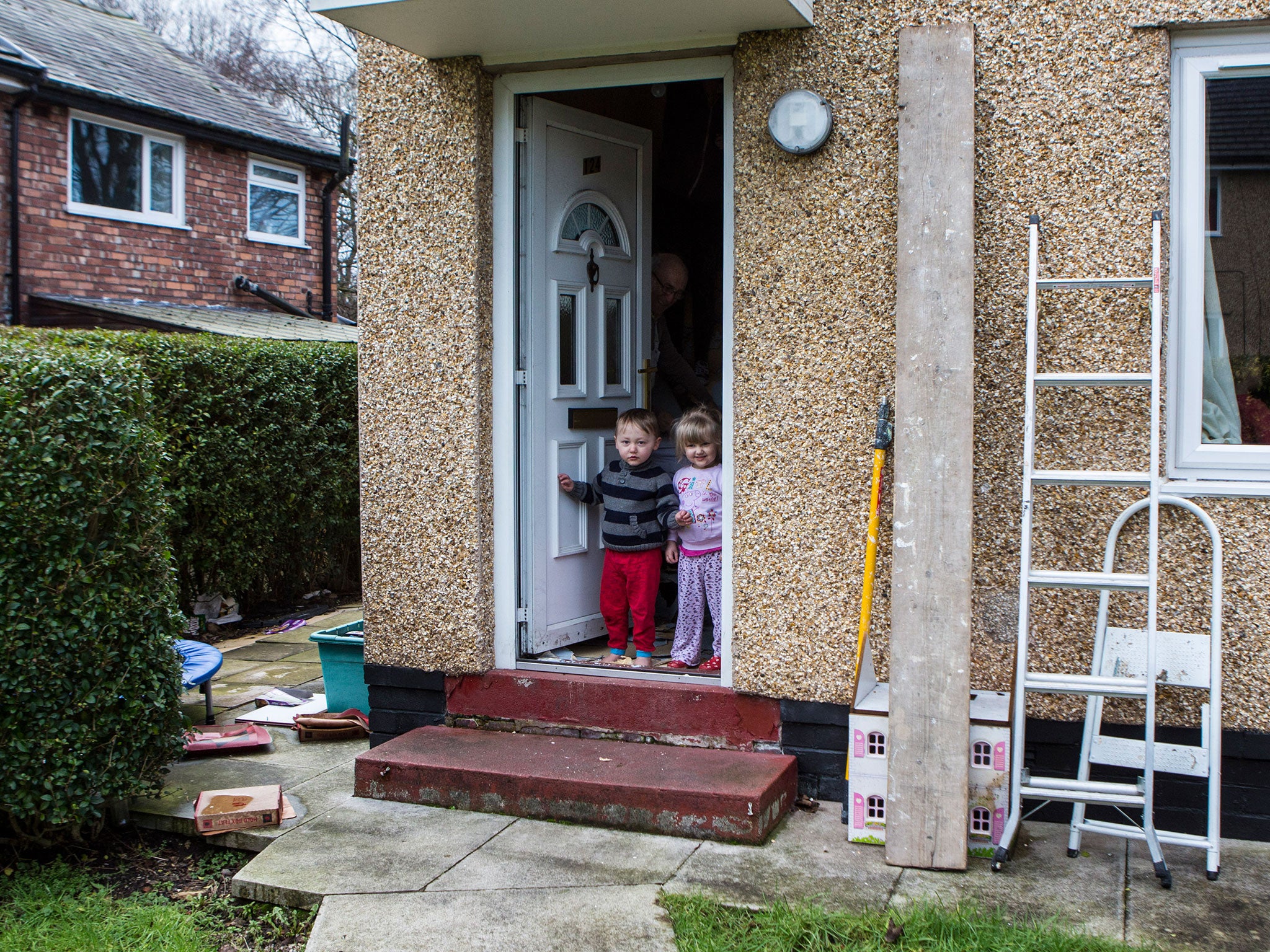Government accused of trying to hide child poverty from view
Accusation comes as MPs prepare to vote on reforms to the way hardship is measured and reported

The Government has been accused of attempting to hide child poverty from view, as MPs prepare to vote on reforms to the way hardship is measured and reported.
Charities said the plan to end the use of household income measures in child poverty reduction targets was “bizarre”, while Labour accused minsters of attempting “bury their tracks” ahead of expected increases child poverty.
The plan to remove the Government’s legal obligation to report on income-based measures of child poverty, part of the Welfare Reform and Work Bill, was rejected in the House of Lords last month, but MPs can reinstate the changes in a vote today [TUES].
The Government says it will replace the income measure with one focusing on numbers of jobless households, and records of educational attainment.
But the plan has been criticised by the Government’s own social mobility tsar Alan Milburn and condemned by charities from the End Poverty Coalition. The Resolution Foundation charity estimated last year that an extra 300,000 could be in poverty by 2020 as a result of Government welfare cuts.
Sam Royston, chair of the coalition, said children’s life chances could not be “fully understood without reference to low income”.
“Removing the legally binding requirement to measure and report on children in families like these doesn’t end child poverty – but it does hide it from view,” he said.
Nick Thomas-Symonds, Labour’s shadow employment minister, said the move was “an outrageous attempt by the Tories to try and bury their tracks on child poverty.”
A DWP spokesperson said: “Eradicating child poverty is an absolute priority for this Government, but it is not enough to tackle the symptoms without also tackling the underlying causes. The measures are the foundation of a new, comprehensive way of addressing poverty and reflect our conviction that work is the best route out of poverty.”
Join our commenting forum
Join thought-provoking conversations, follow other Independent readers and see their replies
Comments
Bookmark popover
Removed from bookmarks